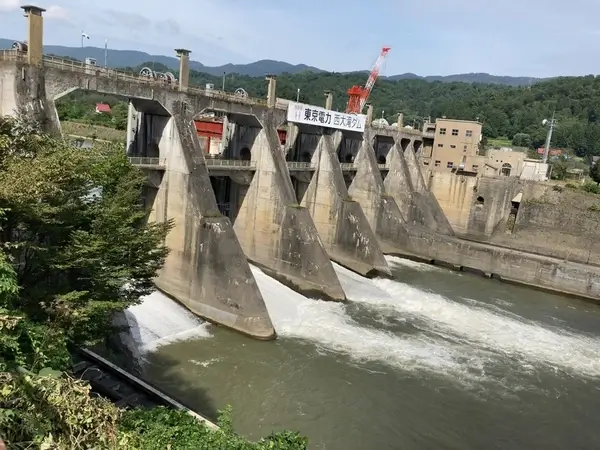A report session will be held on the results of the Ministry of Land, Infrastructure, Transport and Tourism's research project "The Importance of Habitat Continuity in Rivers - Research on Impact Assessment and Conservation Measures for River Ecosystems"!
On Monday, December 19, 2022, a report meeting was held by the River Erosion Control Technology Research and Development/General River Ecology Research Group of the Ministry of Land, Infrastructure, Transport and Tourism (Research Leader: Professor Hiroshi Hakoyama). The Chikuma River Bureau, the Shinano River Bureau (absent due to snow), five members of the Institute of Freshwater Biology of Nagano University, two members of the Nagano Prefectural Fisheries Experimental Station, and four members of Shinshu University attended and reported on this year’s research results.
Very interesting results were obtained this year. At the presentations, new results were presented and lively discussions took place (Freshwater Biology Institute: (1) Fish surveys using environmental DNA or electric shockers and water quality surveys of neonicotinoids and other pesticides in the entire Chikuma River and Shinano River systems and in the water systems of Ueda City, (2) Metabolic analysis of biofilms (microbial communities) on the surface of gravel in river waters; Nagano Prefectural Fisheries Experimental Station: (1) Decrease in smallmouth bass and increase in dace and zangi after Typhoon Hagibis, (2) Effect of river construction on invasion of brown trout into char habitat; Shinshu University: (1) Past and present characteristics of the Chikuma River channel, (2) Development of an automated camera observation device for fish movement and species identification in fishways and waterways, (3) Response of aquatic insects to flood disturbance).
The research group uses the Chikuma River and Shinano River systems as its field of study, and conducts large-scale research on the Shinano River and local-scale research around Ueda City to clarify the effects of disturbances in river ecosystems and the presence of river constructions on the continuity of habitats as well as the health and sustainability of populations and communities. Through interdisciplinary research centered on ecology and involving mathematical modeling, genome analysis, fieldwork, and river engineering, the group hopes to produce results that will be useful for flood control management on the Chikuma River and throughout the country, and contribute to watershed flood control and multi-natural river management.
